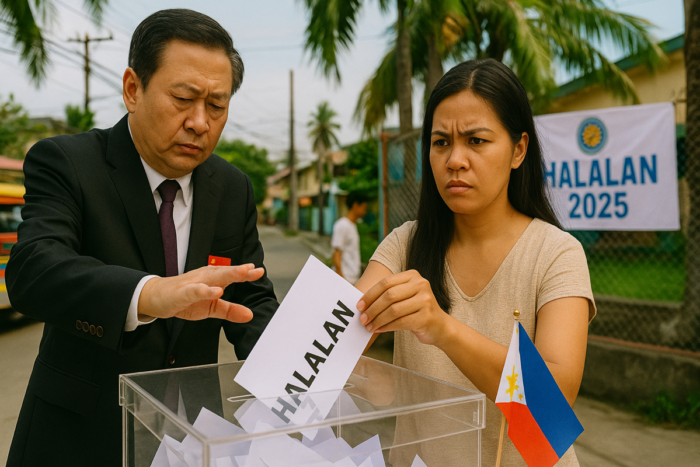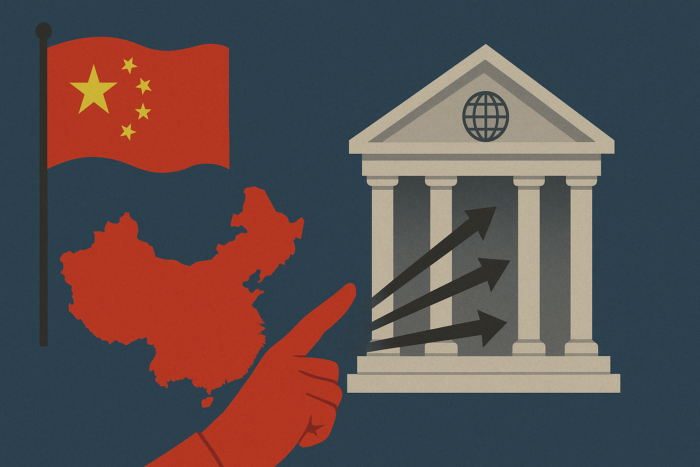They came bearing gifts—cash for poverty-relief schemes and shiny motorbikes for police officers. But the Chinese ingratiating themselves with Philippine officials were also mapping military bases, snapping coastguard vessels and surveying power plants. Since January the Philippines has arrested more than a dozen Chinese nationals and alleged Filipino accomplices on charges of espionage. The arrests point to operations that blur the line between influence-peddling and spying. The arrests suggest a new front in China’s long campaign to press the Philippines, America’s oldest military ally in South-East Asia, to come into the Chinese orbit. For years, confrontation has played out on the South China Sea, where maritime disputes have escalated. China has occupied shoals within Philippine waters, blocked resupply vessels, rammed patrol boats and harassed Philippine fishermen.
Read more: https://www.economist.com/asia/2025/07/03/chinas-bid-to-influence-the-philippines-heats-up [paywall]
Key Points
- China transformed sister city arrangements from cultural exchanges into strategic footholds, particularly in the provinces of Palawan and Cagayan, near Taiwan.
- The Cagayan Economic Zone Authority has attracted $140 million in foreign capital since 2011, primarily from China, creating an economic dependence that influences local politics.
- Beijing pressured the Filipino-Chinese conglomerate Puregold to cancel the screening of the documentary “Food Delivery” about Chinese obstruction of Filipino fishermen.
- China’s Communist Party cultivates the Filipino-Chinese diaspora through United Front Work Department operations, using ancestral connections as leverage points.
China Influence Operations Target Philippines: Election Meddling and Disinformation Campaigns
China’s influence operations in the Philippines have evolved into a multi-pronged campaign that leverages both overt and covert strategies to shape political discourse and public opinion. Through state-funded media, content-sharing agreements, and partnerships with local outlets, Beijing amplifies pro-China narratives and marginalizes critical voices across the archipelago. Digital disinformation campaigns have targeted Philippine elections and civil society groups deploy coordinated social media operations, fake personas, and AI-generated content to undermine political opponents and sow doubts about democratic processes.
Chinese interference in Philippine elections has prompted government investigations as intelligence agencies and lawmakers warn of state-sponsored operations that amplify divisive discourse, support pro-China candidates, and target advocates of national sovereignty. These efforts are reinforced by economic incentives, clandestine alliances with local elites, and the cultivation of proxy voices within the Philippines, creating an ecosystem where Beijing’s ideological and strategic objectives are advanced through both persuasion and coercion.
External References
Disclaimer
The Global Influence Operations Report (GIOR) employs AI throughout the posting process, including generating summaries of news items, the introduction, key points, and often the “context” section. We recommend verifying all information before use. Additionally, images are AI-generated and intended solely for illustrative purposes. While they represent the events or individuals discussed, they should not be interpreted as real-world photography.










